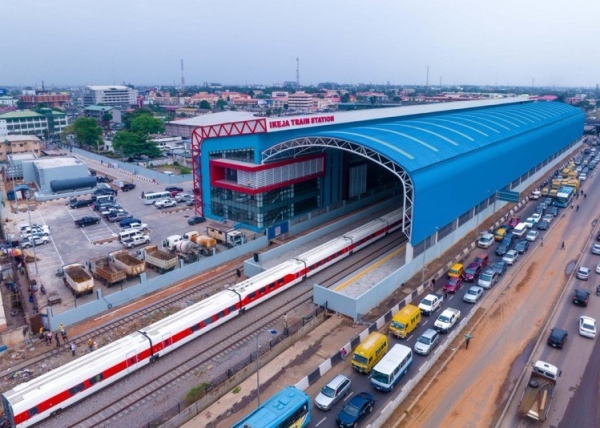Only four states—Lagos, Rivers, Oyo, and Bayelsa—received less than they contributed.
An analysis of revenue allocation data from Nigeria’s Federation Account Allocation Committee (FAAC) has highlighted some disparities in the redistribution of Value Added Tax (VAT) proceeds among states.
Agora Policy, in a data analysis shared on its X account on Tuesday, highlighted inequalities in VAT distribution among states.
Data analysis from the policy think tank highlighted how Lagos State, the top VAT contributor for the first 10 months of 2024, was allocated 16.78 per cent of its contributions. Meanwhile, Imo State received a staggering 1,715.98 per cent of its contributions during the same period.
The data, which covers VAT contributions and disbursements from January to October 2024, reveals some distortions in how funds are distributed under the federal system.
Lagos contributed N2.21 trillion in VAT, accounting for the highest share of the total pool. Meanwhile, Imo’s contributions stood at N3.33 billion, the lowest among the states. But Imo received N57.09 billion, a figure significantly higher than what it contributed.
The report categorised states based on the proportion of VAT they received relative to their contributions.
Only four states—Lagos, Rivers, Oyo, and Bayelsa—received less than they contributed.
Seventeen states, including Kano and Kaduna, received between 101per cent and 300 per cent of their contributions, while eleven states, such as Bauchi and Ekiti, were allocated 301 per cent to 500 per cent.
Four states—Imo, Abia, Cross River, and Kebbi—benefited the most, each receiving more than 500 per cent of their VAT contributions.
Agora Policy’s analysis highlights Lagos and Imo as outliers.
For the ten months under review, the highest total VAT allocation to a state was N371.09 billion. In contrast, Nasarawa received the least allocation, totalling N47.07 billion with a difference of N324.02 billion.
Value Added Tax (VAT) remains a crucial revenue source in Nigeria’s fiscal framework, with collections distributed among the federal, state, and local governments through a set formula.
The federal government currently retains 15 per cent, states receive 50 per cent, while local governments are allocated the remaining 35 per cent.
Critics argue that the current inter-state sharing formula—based on factors such as population, equality, and landmass—does not favour high-revenue states like Lagos and Rivers which contribute significantly to VAT collections.
Earlier in October, President Bola Tinubu submitted four fiscal bills to the National Assembly, including the Nigeria Tax Bill 2024 and the Tax Administration Bill.
Among the proposed measures is a plan to reduce the federal government’s VAT share to 10 per cent, while states’ allocations would reflect a derivation principle, allowing states to earn more based on the revenue collected within their borders.
However, the new tax proposals have generated controversy, particularly from northern elites, who fear the reforms could place their region at a disadvantage.


